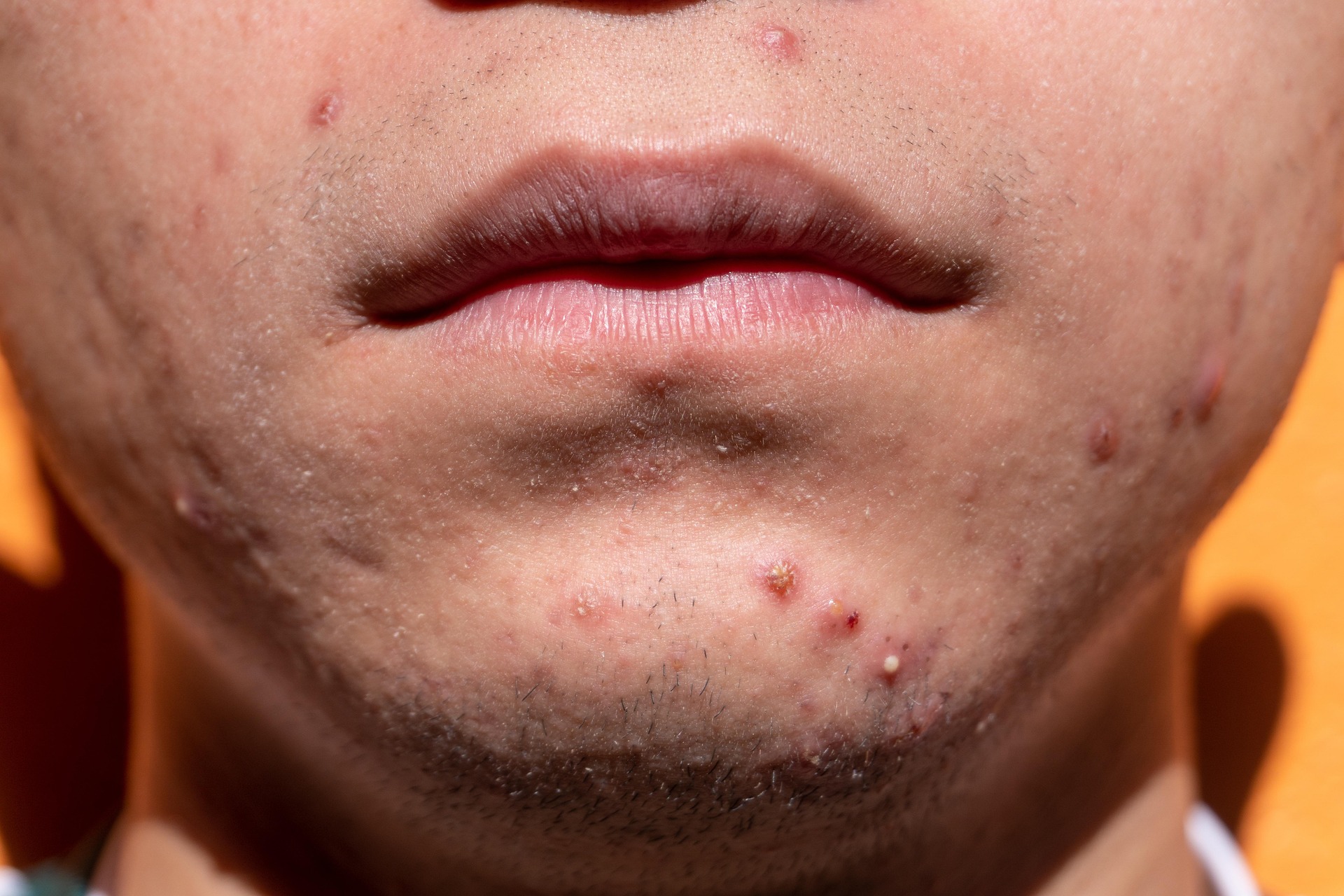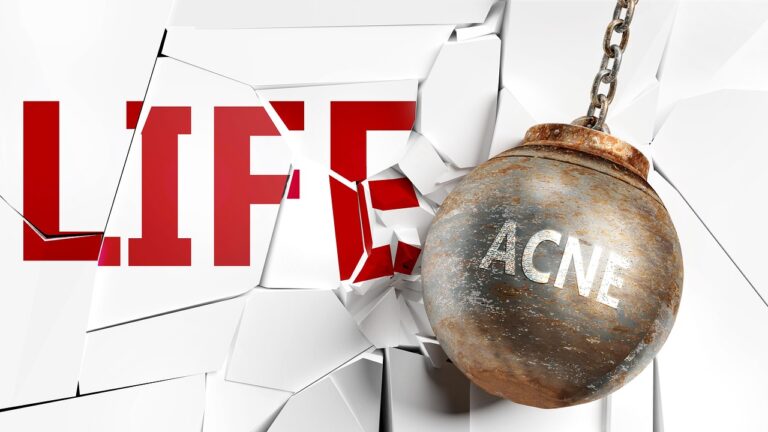Acne: What is it, its Causes & Treatment
Acne: What is it, its Causes & Treatment
Acne is a common skin condition that affects millions of people worldwide, especially teenagers and young adults. While not life-threatening, acne can significantly affect one’s confidence and quality of life. Understanding what acne is, why it occurs, and how to treat it is the first step towards achieving clear, healthy skin.
🔍 What is Acne?
Acne is a skin condition that occurs when the hair follicles under the skin become clogged with oil (sebum), dead skin cells, and bacteria. This leads to whiteheads, blackheads, pimples, and sometimes deeper cysts or nodules. Acne most commonly appears on the face, neck, chest, shoulders, and back.
There are different types of acne, including:
- Whiteheads: Closed clogged pores.
- Blackheads: Open clogged pores that turn dark.
- Papules: Small red, tender bumps.
- Pustules: Pimples with pus at their tips.
- Nodules or Cysts: Large, painful lumps under the skin.
⚠ What Causes Acne?
Several factors contribute to the development of acne:
1. Excess Oil Production
The sebaceous (oil) glands produce too much sebum, which can clog pores.
2. Clogged Hair Follicles
Dead skin cells accumulate and mix with oil, blocking the pores.
3. Bacteria
The bacteria Cutibacterium acnes (formerly Propionibacterium acnes) grow inside clogged pores, causing inflammation and pus formation.
4. Hormonal Changes
Hormonal fluctuations, especially during puberty, menstruation, pregnancy, or due to conditions like PCOS (Polycystic Ovary Syndrome), can increase oil production.
5. Diet
High-glycemic foods and dairy products may worsen acne in some individuals.
6. Stress
Stress can trigger hormonal changes that may exacerbate acne.
7. Cosmetics & Skincare Products
Comedogenic (pore-clogging) makeup or heavy skincare products can aggravate acne.
8. Genetics
If your parents had acne, you’re more likely to develop it too.
—
💊 Treatment of Acne
Treatment depends on the severity and type of acne. Here are the common methods:
🔹 Topical Treatments
Salicylic Acid: Helps unclog pores and reduce inflammation.
Benzoyl Peroxide: Kills acne-causing bacteria and removes excess oil.
Retinoids (like adapalene): Promote skin turnover and prevent clogged pores.
Antibiotic Creams: Reduce bacteria and inflammation.
🔹 Oral Medications
Antibiotics (e.g., doxycycline, minocycline): Used for moderate to severe acne.
Hormonal Treatments: Birth control pills or anti-androgens like spironolactone for hormonal acne.
Isotretinoin (Accutane): A powerful drug for severe, cystic acne. Requires strict medical supervision.
🔹 Home Remedies and Natural Treatments
Tea Tree Oil: Has antibacterial properties.
Aloe Vera: Soothes and reduces inflammation.
Green Tea Extract: Can be used topically or orally for antioxidant effects.
🔹 Skincare Routine
- Use a gentle, non-comedogenic cleanser twice daily.
- Avoid scrubbing the skin harshly.
- Use oil-free moisturizers and sunscreens.
- Avoid touching or picking at the skin.
🔹 Professional Treatments
1) Chemical Peels
2) Laser and Light Therapy
3) Drainage and Extraction
4) Microneedling
—
✅ Conclusion
Acne may be a stubborn condition, but with the right treatment and skincare routine, it can be managed effectively. Consult a dermatologist for persistent or severe cases, and remember that consistency is key. What works for one person may not work for another, so patience and professional guidance are important.


